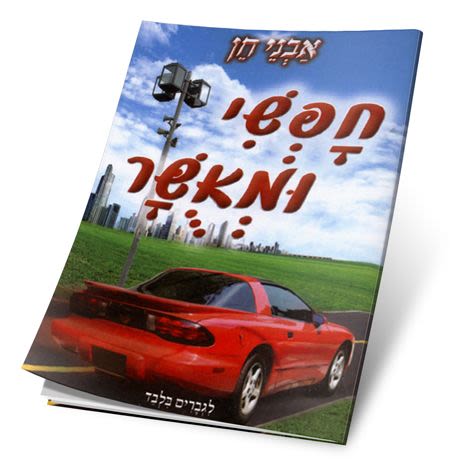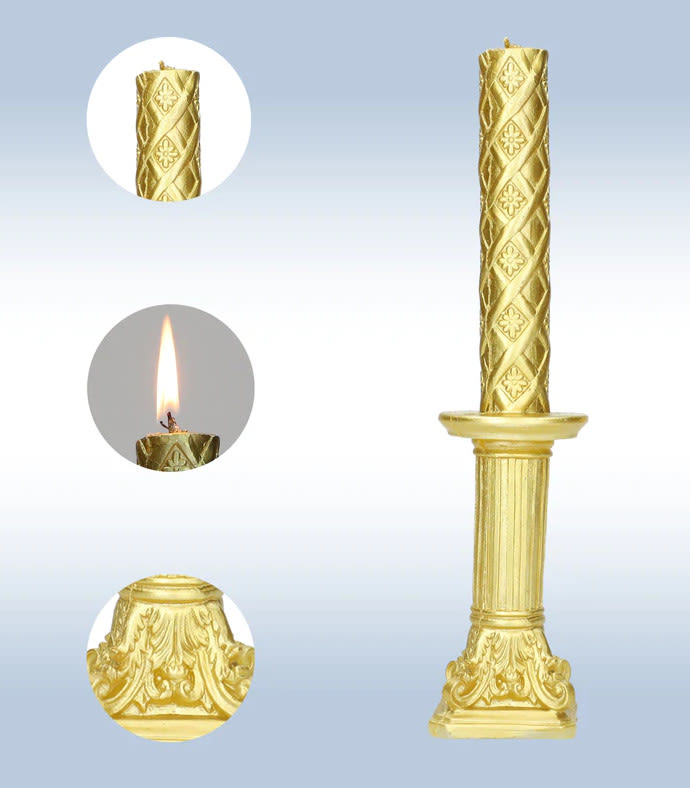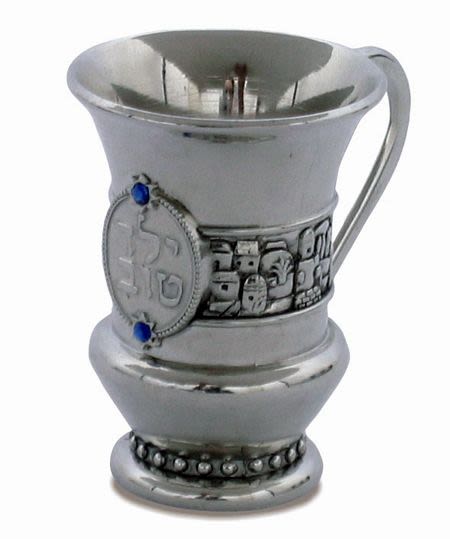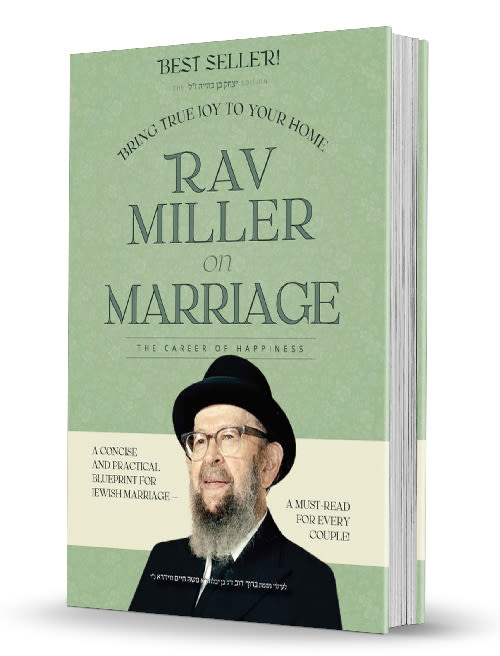
A Message from Above
In a society which denies the existence of Hashem, that sees itself as animalistic and evolutionary, with no real eternal purpose beyond our 120 years, the goalposts are moving…

The Shulchan Aruch (Code of Jewish Law) instructs us to wake up like a lion, to strengthen our heart to serve Hashem and not to give in to our evil inclination. Reb Nosson (Rebbe Natan of Breslev) in Likutei Halachos Hashkomos Haboker tells us that this means that we must always look for our good points and that we must never give up on ourselves.
Reb Nosson also says us that a person’s death is, in truth, a birthday because the soul is born into a new life in olam haba; this is comparable to what the Torah says, that sleep is 1/60th of death and that waking up in the morning is an aspect of techias hameisim, the resurrection of the dead.
A believing Jew internalises that his soul is given to by Hashem for a specific purpose in this world, to make a rectification. Until Hashem deems that soul has achieved its purpose, we are forbidden to deliberately curtail our existence here and Rebbe Nachman tells us never to give up hope no matter how bad the situation seems.
Recently, it has become increasingly noticeable how the opposite to all that a believing Jew holds dear is becoming the norm: that life is becoming meaningless. Yes, we can say, but look at all the wars over the millennium, the brutality, and it’s true. And in our generation  there’s a rise in abortion on demand, youth killings at probably an unprecedented rate. However, there’s something else quite insidious creeping into the very fabric of so-called democratic society which on the surface cherishes the notions of compassion, freedom of choice and self-determination. I’m talking about euthanasia/the assisted death. The Torah calls it murder.
there’s a rise in abortion on demand, youth killings at probably an unprecedented rate. However, there’s something else quite insidious creeping into the very fabric of so-called democratic society which on the surface cherishes the notions of compassion, freedom of choice and self-determination. I’m talking about euthanasia/the assisted death. The Torah calls it murder.
Over the past few years the subject is becoming increasingly debated. In a society which denies the existence of Hashem, the soul, a transcendent existence and reward and punishment, that sees itself as animalistic and evolutionary, with no real eternal purpose beyond our 120 years, the goalposts are moving. Not so long ago taking one’s own life was illegal, now it’s becoming a right. The lines between relieving a dying person of suffering through legitimate palliative care and actually hastening death are becoming increasingly blurred. I have actually heard on more than one occasion callers to radio phone-in’s referring to helping a dying person terminate their life as comparable to putting an animal down!
In the past week, Hashem has given me an interesting test of emuna although I must admit I didn’t really see it as such to begin with.
It has been suggested on occasions that my parents should take out a Lasting Power of Attorney, once by a relative in the US [because “everyone has it out here”], and by a couple of medics here. It makes sense. It gives full control to a child should the parent be unable to make decisions on their own due to failing health. My mother recently suggested that maybe they should do it and that I should contact our family lawyer to put things in motion, which I did. In the past week I started reading articles in my parents’ newspaper about patients who had been put on fairly recently introduced NHS palliative care programme for patients who are dying, which involves sedating and withdrawing fluids during the last 24 hours of life, which supposedly will neither delay nor hasten death. In every case mentioned, it seemed that the programme had been abused by medical staff and decisions were taken which actually hastened death. None of the patients in the article seemed to be at the point of dying and the relatives were not informed or consulted before the “care” programme was enacted. I won’t go into all the details of the articles but it was quite chilling to say the least.
It seemed more imperative to set up the LPA. Yet, I felt uncomfortable. It seemed to make so much sense; in theory I could make sure everything was done according to halacha if, G-d forbid, the situation arose. However, I started asking myself if this was lack of emuna. I speak daily to Hashem, I ask for my health, my parents’ health, I’ve seen how Hashem has looked after us. Yael, it’s hishtadlus, you’re just making an effort, and you’re honouring your parents’ wishes. The outcome is always going to be in Hashem’s hands. But, there was a part of me not believing it. I found myself drawn to those articles, unnerved by them. I felt myself moving away from Hashem and becoming focussed on the LPA; I felt myself putting my trust in the LPA, and not in Hashem.
I spoke to Hashem. Hashem, I don’t know what the right way forward is. Either way could be correct. Am I negligent if I don’t do it or is it a lack of emuna if I do? I told Hashem that this was a case of daas Torah (the Torah’s view, as given over buy a qualified rabbi that you trust) and I would ask my rabbi here in London and, Hashem, whatever he decides I’ll know it’s a message from You.
I asked my rabbi. He looked thoughtful for a few seconds. “Yael, I don’t think you need to do it; discussing the details with them could make your parents depressed and you don’t want to do that.” Well, I must admit I hadn’t really thought of that. That too is honouring parents, not to cause them distress. I pushed him a bit further. “Doctors usually consult with the relatives, don’t worry,” he said [and he is a doctor by training]. In truth, baruch Hashem, that has always been my experience. I felt such a relief. I told my mother; interestingly enough, she too seemed happy about the decision.
I’ve been thinking about this a lot over the past few days. I’m realising how vital emunas chachamim, trusting in our sages, is; how easy it is to go the natural and seemingly logical route. It’s easy to get caught up in the maybe-this-maybe-that scenario and momentarily forget that it’s Hashem Who’s in charge.
And having just watched The Newsmaker, with thanks to Rabbi Brody, I’m going to try to avoid depressing articles in newspapers!











Tell us what you think!
Thank you for your comment!
It will be published after approval by the Editor.